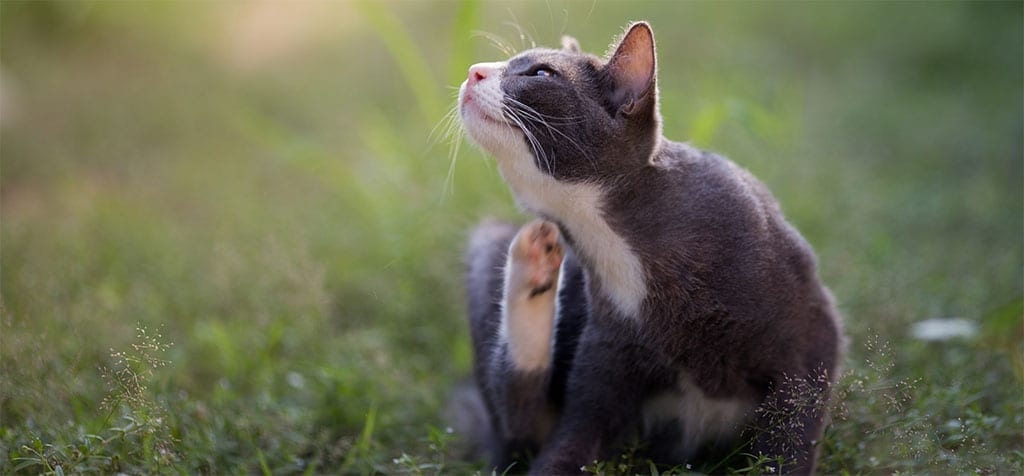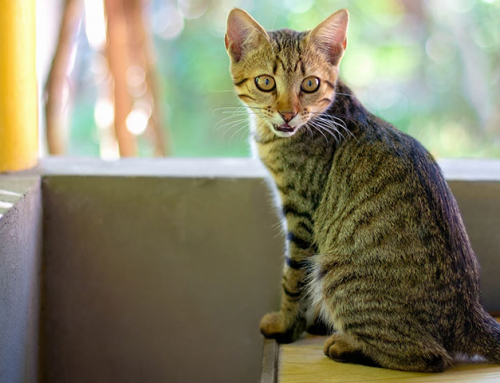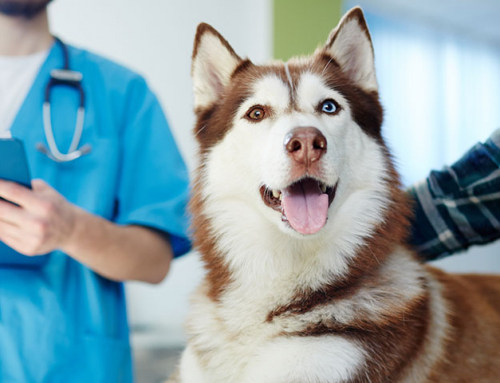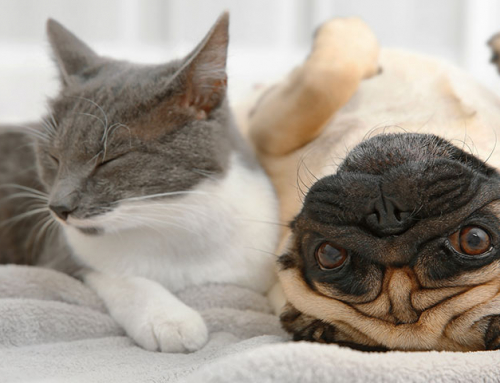Last week I got a new patient in my small animal veterinary clinic here in South Florida. The humans in this family are smart and conscientious! They did their research when their cat was diagnosed with Type 2 Diabetes. They got a pet glucose meter and put him on canned low-carb food. They treated him with insulin, and he went into remission.
Unfortunately, a few weeks ago they took him on for a dental cleaning. As I said these clients are on the ball, proactive types. They happened to mention to the prior vet that the cat had been a bit itchy lately. Whether their prior vet simply didn’t read the cat’s medical history or perhaps he was in a rush and just forgot that the cat had been a diabetic, he gave an injection of a long-lasting steroid injection. As you might guess, the cat came out of diabetic remission. He started drinking and urinating a lot. The owners checked his glucose to find it in the 400s. That’s when they decided to try another vet in town – me.
Let’s hope we can get him back into remission as the steroid injection wears off. The particular steroid he received lasts 3 to 6 weeks in cats. For now, he is back on his insulin. I thought this week would be a good time to remind cat owners that if we do indeed achieve the goal of diabetic remission, we need to continue some of our “treatments” long-term.
Good oral care matters! Oral infection is one of the most common areas of infection in our pets. Infection anywhere can cause insulin resistance. Since pets don’t brush their own teeth, the burden falls upon you.
Maintain a proper body weight for your pet! Obesity causes insulin resistance. Tubby pets are far more prone to diabetes than lean pets, especially tubby cats. Hand in hand with weight control is regular exercise. This may be more difficult to achieve with indoor only felines, but even the most distinguished cat has a hard time resisting a laser light or a feather toy on a wand.
Continue feeding your cat low-carb food. Yes, I mean no kibble ever again for diabetic felines who are now in remission. Keep them on low-carb canned food only.
Avoid steroids. My new clients are smart, but they didn’t know that steroids cause insulin resistance. I don’t think they even realized their prior vet was giving a steroid until after it was given. As I have said in newsletters past: steroid injections are not “just allergy shots”. Be your pet’s medical advocate. Clearly you are the conscientious type if you are reading this newsletter. Never hesitate to ask your vet why he or she is doing something.
Finally, keep an eye on the water bowl and the size of clumps in the litter box. If you suspect that your cat is drinking or urinating excessively or eating more voraciously, check the blood glucose. Talk to your veterinarian. You are a whole lot smarter the second time around should your diabetic cat fall out of remission. Be observant!
As always, I enjoy interaction with our readers. If you have any questions, feel free to contact me at [email protected].
NOTE: Consult your veterinarian first to make sure my recommendations fit your pets special health needs.







Great column today, very informative. So glad you pointed out the danger of steroid injection to a diabetic cat. (There’s no excuse for that vet, that was malpractice. ?) The reminder of increased thirst and urination as signs of high blood sugar is very helpful, also the need for dental care to prevent infections. My diabetic kitty Oliver will be getting his teeth cleaned in June. ?
That’s great!